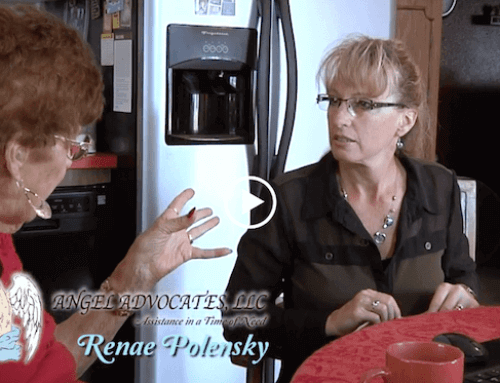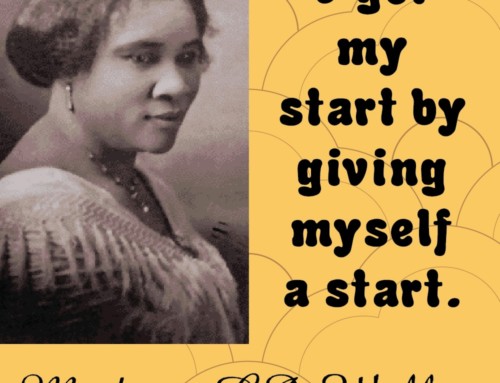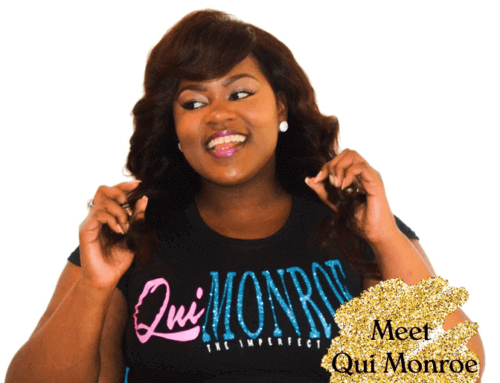African American Women Business Owners on the Rise
 Over the past year or so, there’s been quite a bit of talk about the number of African American women business owners being on the rise. On one account, I’m ecstatic. As an African American AND woman business owner, I’m excited to see individuals in my demographics making advances. It fuels my hope for my future and my children’s future. Though the number of African American women business owners are increasing, the picture isn’t as beautiful as it seems. African American women face some real challenge when it comes to owning a business.
Over the past year or so, there’s been quite a bit of talk about the number of African American women business owners being on the rise. On one account, I’m ecstatic. As an African American AND woman business owner, I’m excited to see individuals in my demographics making advances. It fuels my hope for my future and my children’s future. Though the number of African American women business owners are increasing, the picture isn’t as beautiful as it seems. African American women face some real challenge when it comes to owning a business.
Concerns as an African American
 Overall, business ownership is rising faster amongst African Americans than all other Americans. According to the 2012 Census Survey of Business Owners, African American owned businesses rose from 7.1% (2007) to 9.4% (2012). Though Black Americans represent 12.6% of the population and still have a way to go to have a even distribution of the pie, 2.3% in 5 years is still quite a bit of gain and encouraging. Who knows… in another 5 years, African Americans might hit the 12.6% or where ever our distribution happens to be at the time.
Overall, business ownership is rising faster amongst African Americans than all other Americans. According to the 2012 Census Survey of Business Owners, African American owned businesses rose from 7.1% (2007) to 9.4% (2012). Though Black Americans represent 12.6% of the population and still have a way to go to have a even distribution of the pie, 2.3% in 5 years is still quite a bit of gain and encouraging. Who knows… in another 5 years, African Americans might hit the 12.6% or where ever our distribution happens to be at the time.
It’s unfortunate the same gains aren’t being made in other areas of business ownership. Though African American own 9.4% of the business, those businesses only bring in 0.6% of the revenue. Ouch. Employment in African American companies is just as dismal, hitting 0.9%.
Concerns as a Woman

julief514/Bigstock.com
Looking at The 2014 State of Women-Owned Business Report, women as a whole are making their own gains. The number of Women-Owned Business (WOB) increased 1.5 times the national average between 1997 and 2014. In fact, when combining equally owned and women-owned businesses, women ownership accounts for 47% of the business in the United States. Not the full 50%, but still not too shabby, I have to say.
When it comes to revenue and employment, women still are down. WOB take in about 4% of the revenue and employ about 6% of the workforce, which hasn’t changed much since 1997. Adding equally owned businesses boosts those numbers to 13% of the employment and 8% of the revenue. Despite the growth in WOB, it looks like women still have a ways to go.
Bottom Line for African American Women

julief514/Bigstock.com
As I mentioned, business ownership amongst African American women is on the rise. From 1997 to 2014, African American WOB has risen 296%, employment 70%, and revenue 265%, which is HUGE. As of 2014, African American women own 49% of all African American owned businesses. As far as I’m concerned, that’s the closest you get to equal distribution without being equal. 🙂
On the other hand, African American women only account for 14% of all women-owned businesses, employ 28% of the African American workforce, and generate a mere 29% of revenue of African American owned businesses. On an even grandeur scale, African American WOB represent 15.4% of businesses but only generate 2.97% of the revenue. Better than African Americans in general, but still relatively small compared to the number of businesses owned.
I’ve talked a lot about percentages, but I want to put it into perspective when it comes to revenue. When it comes to the average annual sales receipts, African American WOB generate about $28K compared to the $53.5K of Hispanic WOB, $170.5K Caucasian WOB, and $637K of male owned businesses.
Final Thoughts
When I decided to go into business for myself, it was with the idea that I’d finally get to see a business run with my vision, my direction, and with my own bit of flavor added to the mix. Working as a business advisor at a business development center gave me the opportunity to see others do the same on a regular basis. Their paths onto entrepreneurship were inspiring and led me to find my own road.
But let’s face it, some roads are bumpier than others. Talks about race and gender are often not a part of polite conversation. For many, they remain the elephant in the room. I don’t know about your house, but I don’t have any rooms big enough to comfortably fit an elephant, much less get one through the door.
 When I think of the disparity in pay for African Americans and Caucasian Americans, for women versus men, then again for African American women and African American men in the corporate world, I’m a bit bummed. However, the disparity is even more severe when it comes to business ownership, and that concerns me even more.
When I think of the disparity in pay for African Americans and Caucasian Americans, for women versus men, then again for African American women and African American men in the corporate world, I’m a bit bummed. However, the disparity is even more severe when it comes to business ownership, and that concerns me even more.
I’ve singled out African American women today because my demographics was on my mind today. However, women of color in general face similar challenges as business owners. Going into business isn’t easy and for some it may be harder than others. I mention these things, not to bring doom and gloom to the valuable business owners (though minority) of the backbone of America. Rather I want you to be prepared.
Next time, we’ll talk about some of the things you can do as business owners, with a few tips specific to African American businesswoman and other minority business owners, to better position your company for success.






Leave A Comment